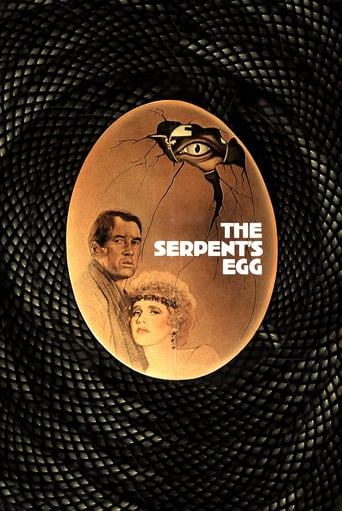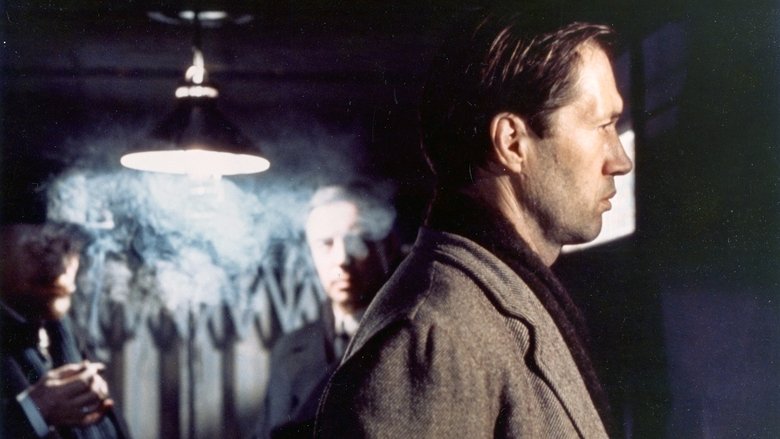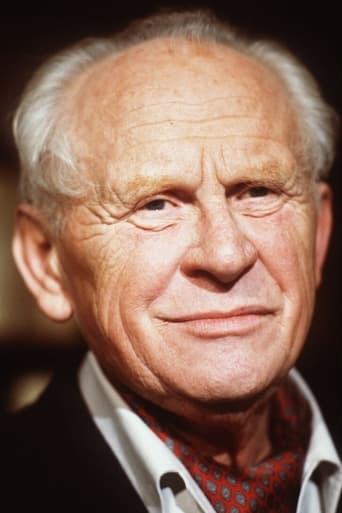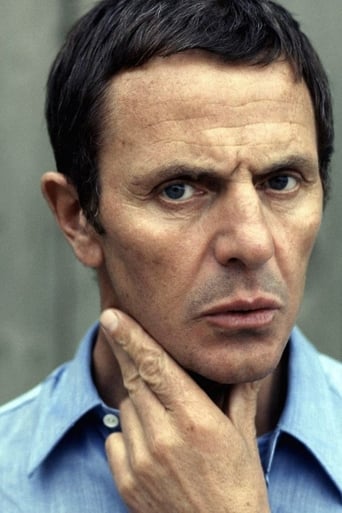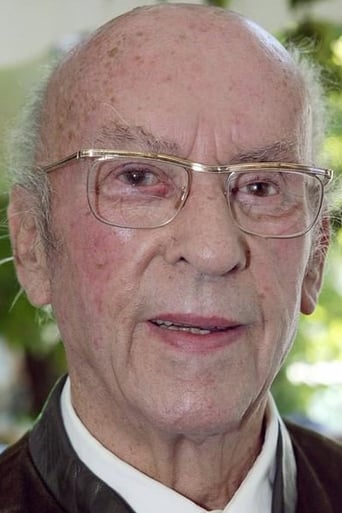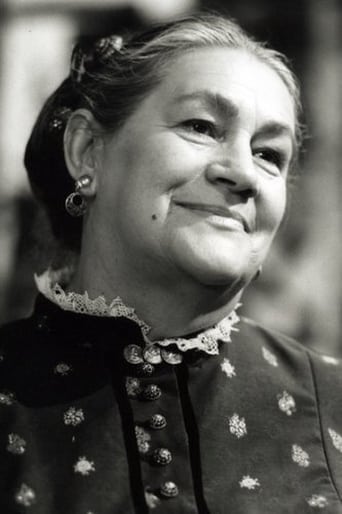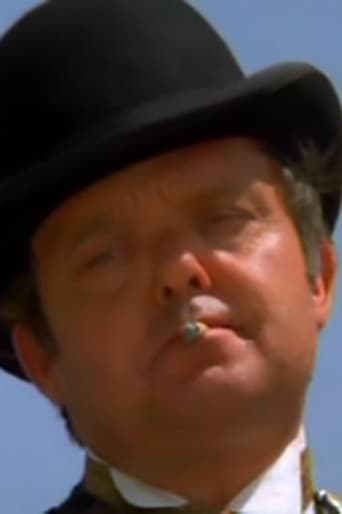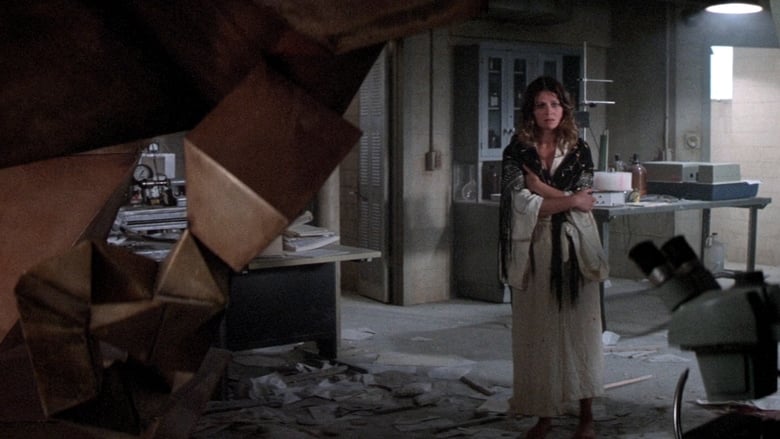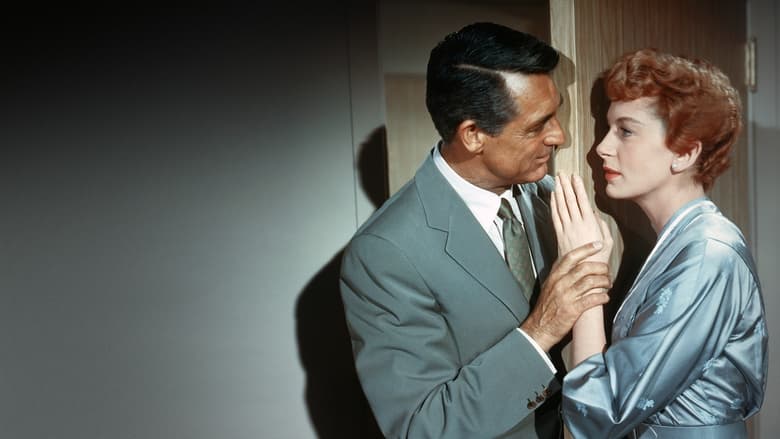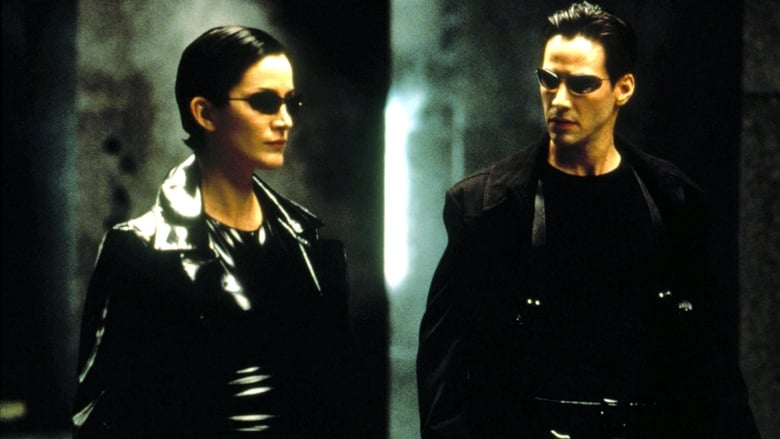Berlin, 1923. Following the suicide of his brother, American circus acrobat Abel Rosenberg attempts to survive while facing unemployment, depression, alcoholism and the social decay of Germany during the Weimar Republic.


Similar titles
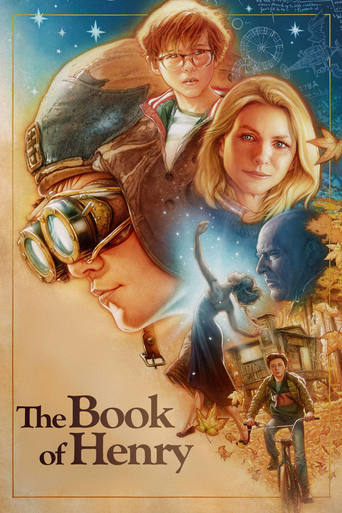
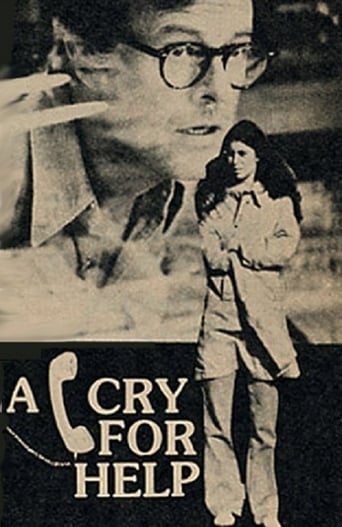
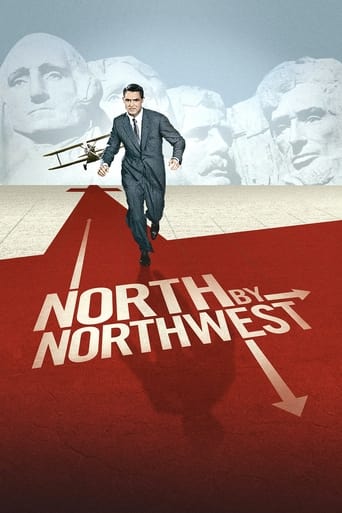



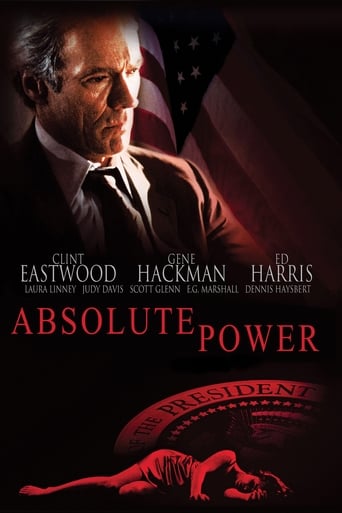
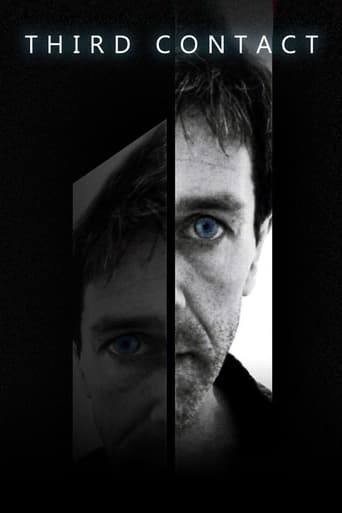
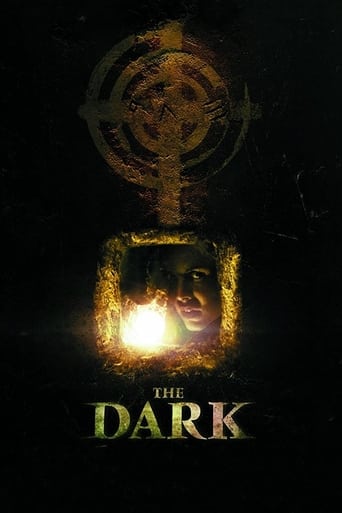
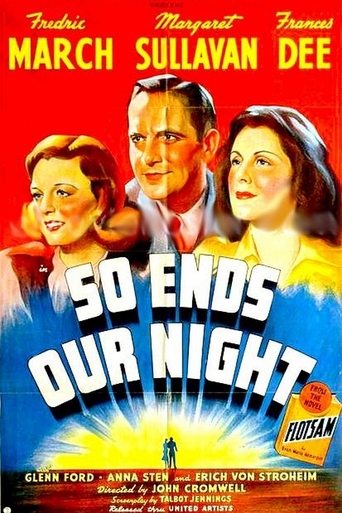
Reviews
From what I've read, "The Serpent's Egg" is considered Ingmar Bergman's worst movie. Watching it, I didn't find it terrible. I guess that I haven't seen enough of Bergman's movies to fully judge (I've only seen "The Seventh Seal" and "Autumn Sonata"). It had the feeling of a 1920s expressionist film. I guess that the movie was a metaphor for the rise of Nazism: people slowly realized that something terrible was rising but felt helpless to stop it. The cabaret scenes are neat. I did find the ending abrupt, though.As he often did, Bergman cast Liv Ullmann. The surprising cast members here are David Carradine (Bill in "Kill Bill") and Gert Fröbe (the title role in "Goldfinger"); also appearing is James Whitmore (a noted actor for many years, he appeared in the Miracle Gro commercials towards the end of his life).So, it's not a masterpiece, but nothing terrible.
The Serpent's Egg (1977) is one of director Ingmar Bergman's most flawed and problematic pictures; the kind of film that impresses us with its grand ambition and incredibly intricate attention to detail, but seems to lack any sense of the pain, emotion and character examination that marked out his far greater works, such as The Seventh Seal (1957), Wild Strawberries (1958) and Persona (1966). Of course, there are numerous references to these earlier films scattered throughout The Serpent's Egg, with the very Bergman-like notions of angst, catharsis and personal exploitation figuring heavily within this bleak malaise of abrupt violence, sleaze and alienation; as well as the familiar presentation of a central character who is a performer, thus leading to the usual self-reflexive conundrums that this particular structural device can present. Within these confines, Bergman attempts to create a film that could satisfy two wildly differing creative view-points, only with both perspectives further muddied by the film's troubled production and by Bergman's perhaps misguided attempt to create a work that could be more acceptable to a mainstream, American audience.On the one hand we have what would appear to be a straight, historical melodrama documenting the brutal decadence and oppression of the pre-Second World War Weimar Republic, and the struggle within this world of rising power, industry and an ever-changing political climate of the tortured artist attempting to make ends meet. With this angle, the film also attempts to chart the lingering air of violence and conflict left over from the First World War, whilst also prefiguring and foreshadowing the violence, guilt, hate, deceit and paranoia that would eventually follow with the inevitable rise of the Nazis. This aspect of the film is perhaps less in keeping with the kind of work that Bergman was producing during this era, with the generic, historical aspect obviously showing through; taking the emphasis away from the characters and the duplicitous games that they play with one another when rendered in a claustrophobic, purely psychological state. This idea has defined the majority of Bergman's best work, with the simplicity of the story and the unpretentious presentation of two people simply existing within the same limited emotional space, which is too often lacking from the presentation of the film in question. With The Serpent's Egg, Bergman attempts to open up his world, creating a fully functioning universe of characters and locations that jars against the (ultimately) personal scope of the narrative.Through punctuated by a couple of scenes of incredible violence, the earlier scenes of the film could be taken as a fairly dutiful stab at an almost Hollywood-like historical film, before adding this whole other (narrative) layer in the second act that seems to conspire to pervert the story into a tortured, Kafka-like nightmare of fear, paranoia and dread. Here the film becomes interesting, because it gets to the root of Bergman's talent for exploring a path of personal despair and abject horror in a way that easy to appreciate on an emotional, psychological level. The film becomes more closed-in, as the locations are used more sparingly; the characters whittled down to the bare minimum, stressing the power games and confliction between the central couple and their seemingly perfunctory antagonist in a way that is reminiscent of a film like Shame (1966). As the story progresses further, we realise that the antagonist character is far from the token, mechanical villain, as Bergman introduces themes that tip the film into the realms of science-fiction, and yet, stories of this nature and urban legends are abundant when looking at the period leading up to the tyranny of Third Reich, and in particular the "work" of people like Josef Mengele and Horst Schumann amongst others.This second half of the film ties the themes together in such a way as to overcome the central flaws of the film, which are numerous and seem to be the result of Bergman working towards the American market and in language that wasn't his own. There are some incredibly effective sequences, but too often, the script falls flat or the performances are allowed to wander. Many also attribute the lead performance of David Carradine as a reason why the film doesn't quite work, and although I'm a fan of Carradine and his slow, laconic persona that was put to such great use in a film like Kill Bill (2003), he does seem woefully miscast and at odds with the kind of expressionistic examinations that Bergman's work required (I can't image the original choice of Dustin Hoffman working much better either). Ideally, the film would have definitely benefited from the appearance of, say, Max Von Sydow, but it's not like Carradine is terrible. His heart and spirit are in the right place, and his continual appearance of pained confusion and eventual desperation seem to fit the continual stylistic juxtapositions of the script and are used well by Bergman, as both the character and the actor become puppet-like caricatures in a way that makes sense within the drama.Although The Serpent's Egg is, without question, a flawed work, it is not without merits. The period detail of the production and costume design and the atmosphere that Bergman evokes is fantastic throughout, while the second half of the film, with its lurid desperation and escalating sense fear and obsession makes sense within the context of Bergman's career as a whole. Some of the images have the power and the potency to remains with the viewer long after the film has ended; while the significant horror of the film, and the roots with both pre and post war German history are, as far as I know, unique in contemporary cinema. Often a rather ugly, brutal and depressing film, The Serpent's Egg is still required viewing for Bergman fans, even if it does pale in comparison to his far greater works.
In November of 1923, in a Berlin where a pack of cigarettes costs four million marks and people has lost faith in the present and future days, the alcoholic and unemployed American acrobat Abel Rosenberg (David Carradine) loses his brother Max, who has just committed suicide after feeling depressed for a period. Seeing the modifications in the behavior of people, but without clearly understanding the reasons, Abel moves to the room of his former sister-in-law Manuela Rosenberg (Liv Ullmann), who works in a cabaret in the night and in a whorehouse in the morning. Together, they move to a small apartment near to the clinic of their acquaintance, Professor Hans Vergerus (Heinz Bennent), who gives a job opportunity to Abel in his clinic. While working in the place, Abel discloses the evil truth behind the researches of Hans."The Serpent's Egg" is an underrated, but also excellent work of Master Ingmar Bergman, one of my favorite directors. In the environment of a Germany with hyperinflation, where people in a moment exchanged marks in weight so fast the currency lost its value; lack of job opportunities, with massive unemployment; the great people and nation humiliated and hopeless, paying for the loss of World War I, Bergman presents his view for the seeds of the Nazism. He introduces the evil character of Professor Hans Vergerus and his sick experiments, and the common person Abel Rosenberg, who sees the modifications in a country where he has problems with communication, since he does not speak German, but can not understand. Unfortunately this movie has not been released on DVD in Brazil, and my VHS has a bad quality of image, impairing the magnificent cinematography, especially in the nocturnal shots. The cool David Carradine is in the best moment of his career and is amazing in the role of Abel Rosenberg. My vote is nine.Title (Brazil): "O Ovo da Serpente" ("The Serpent's Egg")
One can look at Ingmar Bergman's the Serpent's Egg as being many things, but it should not be looked at through the same prism that one looks at say Through a Glass Darkly or Scenes from a Marriage. This is Bergman being 'cinematic', and for the lone moment of a career spent with low-budget film-making and theater as his passions, a big-budget, a Hollywood star, and a sprawling canvas to work on, was at his finger-tips. It's also one of his few shots at not only an 'homage' kind of movie, but also one in English (one of only two). So it's the dark horse (no pun intended) when compared to the more one-on-one based films. This time the star, David Carradine, is not only an acrobat, but also in a city where the environment is grim, to the point of a scarcity of hope amid the post WW1 German cityscape. It's not the kind of film, in other words, that'll make money in the mass US market coming off the high of Star Wars (though it's been said that this film did make back it's money in Europe and then some). It's the kind of uncompromising vision that goes for broke, and it's a fascinating journey.Carradine, who is at his best with a certain style and down-played quality that keeps him still cool today, is an American in Berlin, where his brother's just died in a rather grotesque fashion. This puts a certain immediate marker of doom over him and his sister in law, played by Liv Ullman (if, for no other reason to see the film, it's for her work, as usual). Over the span of a week (surprisingly so, if not for the voice over one might feel it being longer), amid the rain and nights and drunken stumbles and over-heated moments, Abel Rosenberg tries to deal with all that's going on. But there are stranger things lurking ahead with his upcoming job. This story is dealt with by Bergman in a curious way- it SEEMS a little longer at times, but it doesn't lose a certain momentum, of stripping away its character's defenses bare. Even Carradine, an actor who's mostly had a career as a larger-than-life kind of persona, gets intense with his work here.Where Bergman gets entangled in everything he's got going on is a sense of structure to it. It's not the kind of 'soul-searching, hell if I know if God can help' film, but one more connected to the perverse, lurid qualities of the control some people could have over these people at this point of time in the world. One could say it's connected stylistically with the films of Murnau and Lang, however I would argue that more than half the time I did still feel like I was seeing a Bergman film, with his part n parcel cinematographer Sven Nykvist expressing greatly what is there in the huge set constructed of 1922 Berlin. And because of this, there's still the close-ups, and the surreality that's induced. But because there's so much to work with, with sometimes overwhelming scenes (like when Carradine walks into that bar, loaded with people, compact and tight, or whenever there's a chase or 'danger' kind of moment for Rosenberg, or just having to deal with large crowds or difficult lighting set-ups), the narrative thread gets tangled up. The opening shot of the people walking in slow-motion is brilliant, yet I didn't feel that same brilliance in the film.Several directors hit this kind of moment in careers, where a larger-than-usual concept is provided by the appropriate budget. That it's in English is unusual, and though Bergman is functional in the language, one can tell there's not the same fluidity in the writing at times. However I don't discredit the Serpent's Egg as this horrible quagmire of a picture, as I was almost led on to believe. It still contains some extraordinary stuff, like the Cabaret scenes, as weird and compelling as some of the stuff in the Silence. Or the terror instilled when Heinz Bennent's character shows Rosenberg the 'footage' towards the end of the film. But it's also one of the more difficult films of Bergman's I've seen, that moves at a pace that's post-modern, and not too steeped in the 20's (that is one of its strong points at times in theme), while resisting going for the easy, Hollywood big-budget kind of movie-making. 7.5/10
